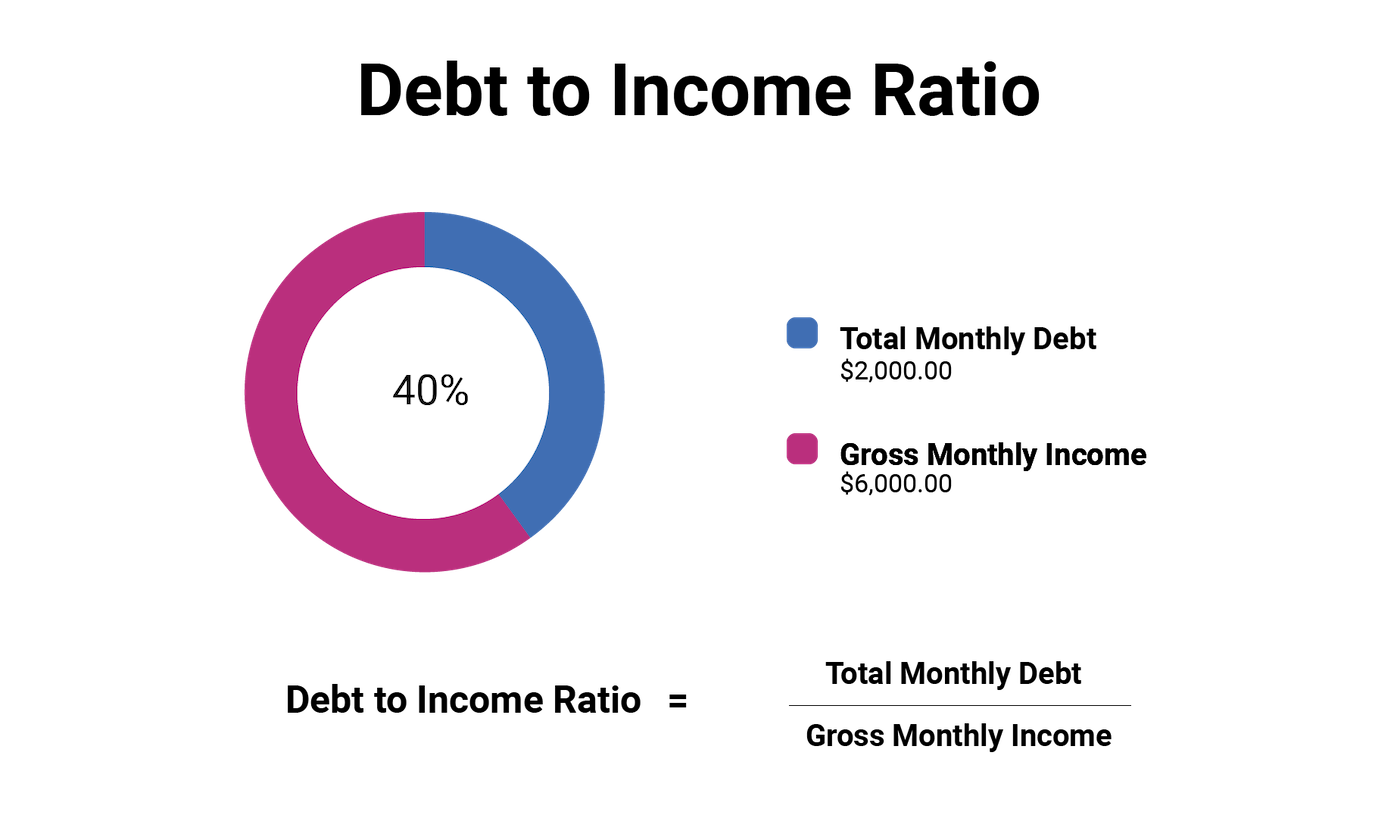
In this article we'll discuss what a Charge-off means in accounting and on your credit report. A charge off is a negative mark on a credit report that has been placed on a particular debt. A charge-off remains on your credit report for seven years. It can hinder your ability to obtain credit. Because it has a direct effect on your credit score, it is important to be aware of this negative mark. A charge-off is reported by collection agencies when you do not make payments.
Charge-off
A charge-off can have serious consequences for your credit score. This can happen if you owe far more than you are able to pay or if there is a lack of payments. There are ways to improve your credit score. You must first determine what has happened to your account.
A charge-off notice will notify you that you are 90 to180 days late in paying your bills. A charge-off notice is not the same as a collection. A collection agency may contact you to collect the debt. The collection agency might continue to pursue your case until you make payment in full. If you don't pay off the account in full, the collection agency can sue you for a judgment.
Charge-off debt
A charge-off is a writing off of a debt. It happens when a creditor decides to cancel a debt and does not pursue collection efforts. It's a common practice today. This type of write-off has one simple reason: It is cheaper.

You should remember that charging off debt can negatively impact your credit score, and your overall life. It is therefore crucial to pay the debt off as soon as possible.
Accounting charges
In accounting, a chargeoff is a debt which has been marked uncollectible. Lenders may charge off a debt if it is more than four to six monthly late and the debtor has not been able to pay. This is an internal function of accounting and it is used to verify that bank financial statements are accurate. The debt does not disappear, it just means that it exists.
If the business is unable to repay the loan, a charge off occurs. Charge-offs can occur for several reasons, including deterioration of the borrower's credit score and a prolonged period of delinquency. Businesses must account for charge-offs, and often set up an expense account for these losses.
Charge-off on credit report
A charge-off in your credit report could have serious repercussions for your credit rating. A charge-off can be listed on your credit file for up to seven consecutive years. Also, it can make it difficult for you to qualify for credit and get competitive interest rates. There are steps you can do to improve your credit score, and avoid a charged-off.
First, you should get an updated copy of your credit report. You can also dispute a charge-off with the credit agencies if you aren't satisfied. You can either do this over the phone or online. You should write a letter to the credit agency. By doing this, you will have evidence to support your claim. Within 30 days, the credit bureaus will investigate your dispute.

There are many misconceptions about charge offs
Charge-offs are the final option a lender has if a borrower has fallen behind on payments. When a lender is not interested in continuing a loan with a borrower after trying unsuccessfully to settle the debt, charge-offs are possible. Lenders consider charge-offs to be a written-off debt. However, the borrower will still have to pay the full amount.
The credit card account becomes charge-off if the consumer fails to make minimum monthly payments for 180 days. Once the lender has reached this point, the account is closed and no longer receives interest or can be used for new purchases. Many consumers mistakenly believe that charge-offs are proof of their inability to pay.
FAQ
How much debt is too much?
There is no such thing as too much cash. Spending more than you earn will eventually lead to cash shortages. Savings take time to grow. When you run out of money, reduce your spending.
But how much is too much? While there is no one right answer, the general rule of thumb is to live within 10% your income. You'll never go broke, even after years and years of saving.
This means that you shouldn't spend more money than $10,000 a year if your income is $10,000. You shouldn't spend more that $2,000 monthly if your income is $20,000 Spend no more than $5,000 a month if you have $50,000.
This is where the key is to pay off all debts as quickly and easily as possible. This includes credit card bills, student loans, car payments, etc. After these debts are paid, you will have more money to save.
It's best to think about whether you are going to invest any of the surplus income. If you decide to put your money toward stocks or bonds, you could lose money if the stock market falls. You can still expect interest to accrue if your money is saved.
As an example, suppose you save $100 each week. That would amount to $500 over five years. At the end of six years, you'd have $1,000 saved. In eight years, you'd have nearly $3,000 in the bank. When you turn ten, you will have almost $13,000 in savings.
In fifteen years you will have $40,000 saved in your savings. That's quite impressive. However, if you had invested that same amount in the stock market during the same period, you'd have earned interest on your money along the way. You'd have more than $57,000 instead of $40,000
That's why it's important to learn how to manage your finances wisely. You might end up with more money than you expected.
What is the fastest way you can make money in a side job?
If you want to make money quickly, it's not enough to create a product or a service that solves an individual's problem.
You must also find a way of establishing yourself as an authority in any niche that you choose. It means building a name online and offline.
Helping others solve their problems is a great way to build a name. You need to think about how you can add value to your community.
After answering that question, it's easy to identify the areas in which you are most qualified to work. There are many online ways to make money, but they are often very competitive.
But when you look closely, you can see two main side hustles. One type involves selling products and services directly to customers, while the other involves offering consulting services.
Each approach has pros and cons. Selling products or services offers instant gratification, as once your product is shipped or your service is delivered, you will receive payment immediately.
On the flip side, you might not reach the level of success you desire unless you spend time developing relationships with potential clients. These gigs are also highly competitive.
Consulting is a great way to expand your business, without worrying about shipping or providing services. It takes more time to become an expert in your field.
It is essential to know how to identify the right clientele in order to succeed in each of these options. This takes some trial and errors. But it will pay off big in the long term.
What is personal financing?
Personal finance is about managing your own money to achieve your goals at home and work. It is about understanding your finances, knowing your budget, and balancing your desires against your needs.
You can become financially independent by mastering these skills. That means you no longer have to depend on anyone for financial support. You can forget about worrying about rent, utilities, or any other monthly bills.
Learning how to manage your finances will not only help you succeed, but it will also make your life easier. It will make you happier. Feeling good about your finances will make you happier, more productive, and allow you to enjoy your life more.
So, who cares about personal financial matters? Everyone does! Personal finance is one of the most popular topics on the Internet today. Google Trends reports that the number of searches for "personal financial" has increased by 1,600% since 2004.
Today, people use their smartphones to track budgets, compare prices, and build wealth. They read blogs like this one, watch videos about personal finance on YouTube, and listen to podcasts about investing.
In fact, according to Bankrate.com, Americans spend an average of four hours a day watching TV, listening to music, playing video games, surfing the Web, reading books, and talking with friends. That leaves only two hours a day to do everything else that matters.
When you master personal finance, you'll be able to take advantage of that time.
What's the difference between passive income vs active income?
Passive income can be defined as a way to make passive income without any work. Active income requires work and effort.
If you are able to create value for somebody else, then that's called active income. It is when someone buys a product or service you have created. For example, selling products online, writing an ebook, creating a website, advertising your business, etc.
Passive income allows you to be more productive while making money. But most people aren't interested in working for themselves. They choose to make passive income and invest their time and energy.
The problem is that passive income doesn't last forever. If you hold off too long in generating passive income, you may run out of cash.
You also run the risk of burning out if you spend too much time trying to generate passive income. You should start immediately. If you wait until later to start building passive income, you'll probably miss out on opportunities to maximize your earnings potential.
There are three types or passive income streams.
-
Businesses - these include owning a franchise, starting a blog, becoming a freelancer, and renting out the property such as real estate
-
Investments include stocks, bonds, mutual funds, ETFs, and ETFs.
-
Real Estate - These include buying land, flipping houses and investing in real estate.
Why is personal finance so important?
Personal financial management is an essential skill for anyone who wants to succeed. In a world of tight money, we are often faced with difficult decisions about how much to spend.
So why do we put off saving money? What is the best thing to do with our time and energy?
Both yes and no. Yes, most people feel guilty saving money. You can't, as the more money that you earn, you have more investment opportunities.
Spending your money wisely will be possible as long as you remain focused on the larger picture.
Financial success requires you to manage your emotions. Negative thoughts will keep you from having positive thoughts.
You may also have unrealistic expectations about how much money you will eventually accumulate. You don't know how to properly manage your finances.
These skills will prepare you for the next step: budgeting.
Budgeting is the practice of setting aside some of your monthly income for future expenses. Planning will help you avoid unnecessary purchases and make sure you have enough money to pay your bills.
Now that you understand how to best allocate your resources, it is possible to start looking forward to a better financial future.
Which passive income is easiest?
There are many options for making money online. Many of these methods require more work and time than you might be able to spare. How do you find a way to earn more money?
You need to find what you love. That passion can be monetized.
For example, let's say you enjoy creating blog posts. You can start a blog that shares useful information about topics in your niche. When readers click on the links in those articles, they can sign up for your emails or follow you via social media.
This is affiliate marketing. There are lots of resources that will help you get started. Here's a collection of 101 affiliate marketing tips & resources.
You could also consider starting a blog as another form of passive income. It's important to choose a topic you are passionate about. You can also make your site monetizable by creating ebooks, courses and videos.
While there are many methods to make money online there are some that are more effective than others. You can make money online by building websites and blogs that offer useful information.
Once your website is built, you can promote it via social media sites such as Facebook, Twitter, LinkedIn and Pinterest. This is called content marketing, and it's a great method to drive traffic to your website.
Statistics
- Shares of Six Flags Entertainment Corp. dove 4.7% in premarket trading Thursday, after the theme park operator reported third-quarter profit and r... (marketwatch.com)
- Mortgage rates hit 7.08%, Freddie Mac says Most Popular (marketwatch.com)
- As mortgage rates dip below 7%, ‘millennials should jump at a 6% mortgage like bears grabbing for honey' New homeowners and renters bear the brunt of October inflation — they're cutting back on eating out, entertainment and vacations to beat rising costs (marketwatch.com)
- 4 in 5 Americans (80%) say they put off financial decisions, and 35% of those delaying those decisions say it's because they feel overwhelmed at the thought of them. (nerdwallet.com)
- According to a June 2022 NerdWallet survey conducted online by The Harris Poll. (nerdwallet.com)
External Links
How To
How to make money from home
No matter how much money you make online, there's always room for improvement. Even the most successful entrepreneurs face challenges in growing their businesses and increasing profits.
The problem with starting a business is that it's easy for you to get stuck in a routine and not focus on your goals. You might find yourself spending more time on product development than marketing. You might even neglect customer service.
You need to assess your progress on a regular basis and decide if your results are improving or just maintaining the status. These five steps can help increase your income.
-
Increase your Productivity
Productivity is not just about output. It's also about being able to do tasks well. Delegate the tasks that require the most energy and effort in your job to others.
For example, if you're an eCommerce entrepreneur, you could hire virtual assistants to handle social media, email management, and customer support.
You could also assign a team member to create blog posts and another to manage your lead-generation campaigns. If you are delegating, make sure to choose people who will help your achieve your goals more quickly and better.
-
Focus on sales instead of marketing
Marketing doesn’t always have to mean spending a lot. The best marketers don't have to be paid. They are self-employed, and they earn commissions based the value of what they do.
Instead of advertising product on print ads, TV and radio, try affiliate programs. You can promote products and services from other businesses. For sales to occur, you don't have necessarily to buy high-end inventory.
-
Hiring an Expert to Do What you Can't
Freelancers can be hired to fill in the gaps if you don't have enough expertise. Hire a freelance designer to create graphics on your site if you aren’t an expert in graphic design.
-
Get Paid Faster By Using Invoice Apps
Invoicing is a time-consuming task for contractors. It can be tedious when you have many clients, each wanting different things.
Apps like Xero or FreshBooks make it easy to invoice customers. All your client information can be entered once and invoices sent directly from the app.
-
Increase Product Sales with Affiliate Programs
Affiliate programs are great because they let you sell products without needing to stock inventory. And you don't need to worry about shipping costs either. It's easy to set up a link from your website to the vendor's. You will then receive a commission every time someone purchases something from the vendor. In addition to helping you make more money, affiliate programs can help you build a brand. If you can provide high-quality content and services, you will attract your audience.